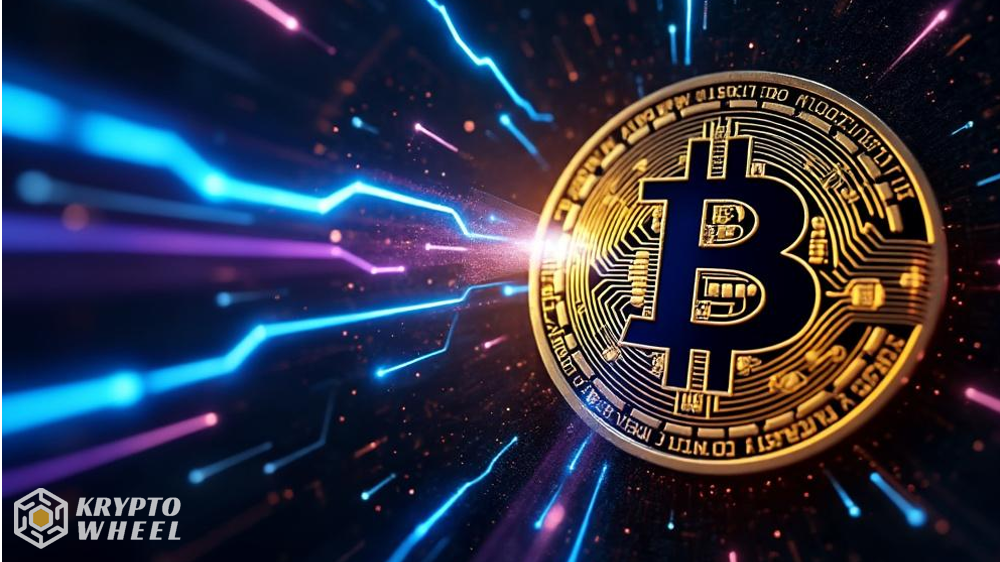The erosion of fair launch principles
When people talk about fair launch in crypto today, I think we’ve lost the original meaning. The term once represented something pure—equal access for everyone, no special treatment, no hidden advantages. But looking at how it’s used now, it feels more like a marketing term than a genuine principle. Projects use “fair launch” to describe token distributions that are anything but fair, where early insiders still get preferential treatment while claiming community alignment.
Perhaps the most telling example is how we’ve redefined what counts as fair. Five percent insider allocation is now considered acceptable, when the original vision was zero. We’ve moved the goalposts so far that the term barely means anything anymore.
Bitcoin’s complicated legacy
Everyone points to Bitcoin as the original fair launch, but when you really examine it, the story gets messy. Satoshi controlled about 70% of the network for the first year. Early mining was essentially a premine by another name. The small number of participants could accumulate enormous amounts before most people even knew what cryptocurrency was.
What makes Bitcoin different, I suppose, is that Satoshi never moved those coins. There was no insider cash-out that distorted the distribution. But the fixed supply created its own problems—latecomers could never stand on equal footing with early miners. The system itself built wealth asymmetry right into its foundation from day one.
The halving mechanism reinforced this divide. On one hand, there’s the promise that network fees will eventually sustain security. On the other, miners get their rewards cut in half every cycle, meaning the system never treated participants equally over time.
The DeFi summer illusion
During the 2020 DeFi summer, projects like Yearn Finance claimed fair launches through liquidity mining. But providing liquidity wasn’t something everyone could do—it required significant capital and technical knowledge. It was more like a financialized business product than true community participation.
Then came the vampire attacks. SushiSwap forked Uniswap, PancakeSwap cloned Sushi. Each “fair” fork promised higher yields, rewarding early insiders repeatedly. Fair launch in this context meant little more than “we didn’t do an ICO.” It created a race of forks where fairness was the first casualty.
The presale takeover
Today’s standard has shifted even further. Ethereum’s ICO sold more than half of the current circulating supply before mining even began. Solana, Aptos, and Sui followed the same pattern—raising hundreds of millions and allocating huge percentages to insiders.
These allocations aren’t counted as inflation, even though they represent delayed inflation that users eventually have to buy out. When you participate in these networks, you’re not really buying into the network—you’re buying out early backers.
What fair launch should mean
True fair launch isn’t about percentages on a spreadsheet. It’s about whether the smallest unit of contribution to a network is rewarded equally, whether you joined on day one or ten years later. In Bitcoin, that unit is a block. In other systems, it might be verified identity, compute power, or bandwidth.
The real test is simple: does the network treat all contributors as equals forever? Are equal contributions rewarded equally across time? Are insider allocations zero at the network layer, not just “less than five percent”?
By that standard, almost every project today fails. Presales and foundation treasuries create deferred inflation. Liquidity mining restricts participation to those with capital. Unlock schedules build exit liquidity into the system’s future.
For a genuine fair launch, the core protocol needs to stand on its own and deliver real utility, independent of token price movements. Founders and developers should earn from building things people actually want, not from token appreciation. When a protocol’s survival depends on token demand, fairness is already compromised.
Fair launch is the social contract of crypto—a commitment that no matter when you arrive, you stand on equal ground with every other participant. Without that foundation, networks will always fracture because someone can always fork the code and promise a slightly better deal. But when fairness is absolute and product value drives participation, there’s nothing left to fork against.










